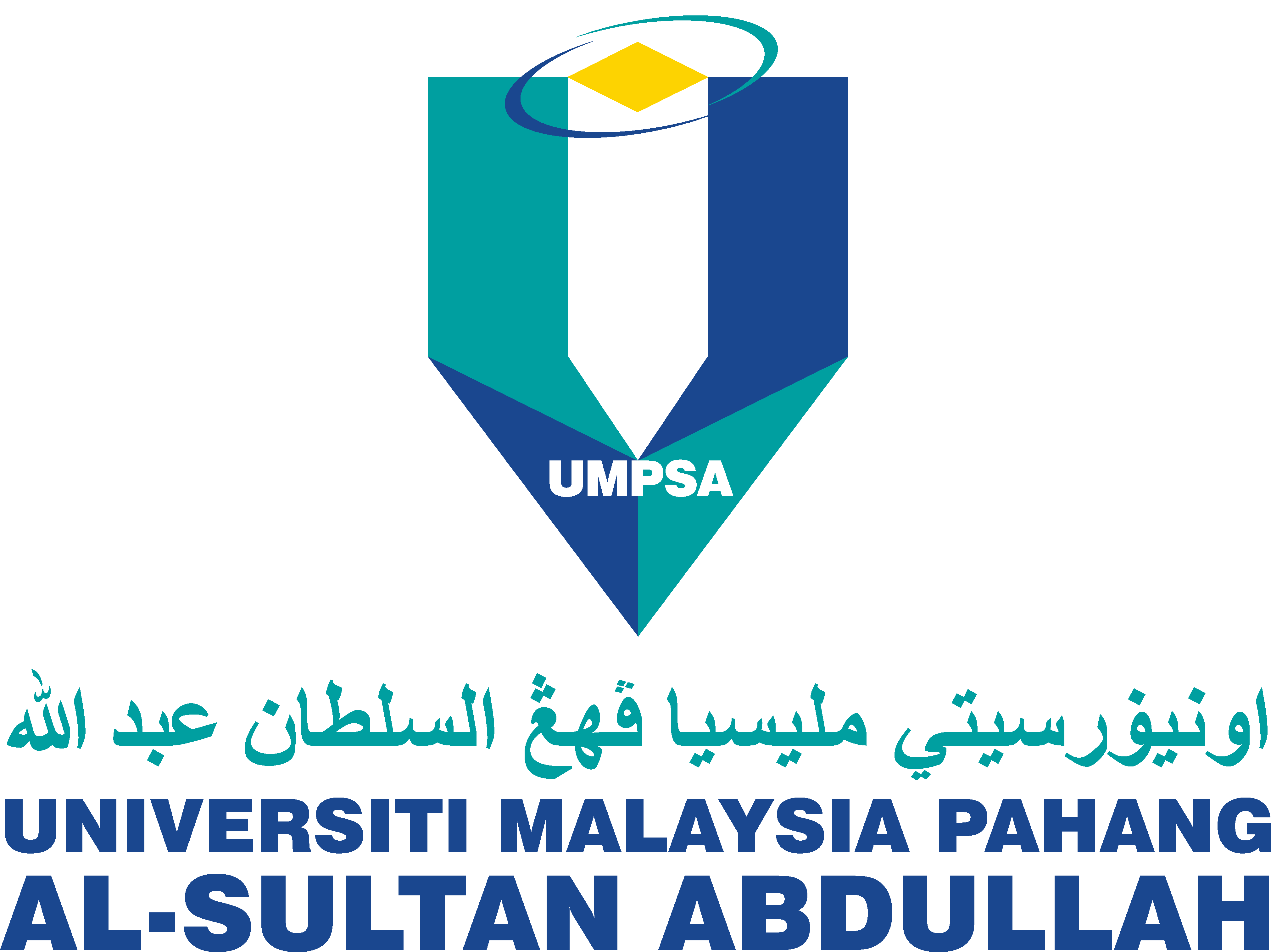MITIGATING MACHINERY'S ENVIRONMENTAL IMPACT IN PALM OIL PLANTATIONS FOR ENHANCED BUSINESS PERFORMANCE
DOI:
https://doi.org/10.15282/ijim.19.1.2025.12090Keywords:
Machinery maintenance, Environmental impact, Palm oil plantations, Business performance, SustainabilityAbstract
This study highlights the importance for YP Plantation Holdings Sdn Bhd (YPPH) to maintain the use of machinery in palm oil plantations without damaging the environment. One of the keys to achieving such goal is to conduct regular inspections and maintenance to ensure that all machinery is working properly and efficiently, thus avoiding costs associated with breakdown and repair. It is also important for the machinery to comply with environmental regulations. This will not only promote environmentally friendly operations but also establish a positive impression among environmentally conscious stakeholders. In conclusion, proper maintenance of equipment and machines will help YPPH to save costs and become an environmentally friendly entity, thus ensuring its long-term success in the palm oil industry.
References
Aras, G., & Crowther, D. (2008). Sustainability practices and corporate financial performance: A study based on the top global corporations. Journal of Business Ethics, 79(1-2), 157-175.
Brown, D., Patel, E., & Wang, F. (2020). Evaluating the effectiveness of certification programs for sustainable bioenergy production. Renewable Energy, 145, 567-580.
Brown, L., & Smith, P. (2016). Negative effects of palm oil-derived products on forests and wildlife: A meta-analysis. Environmental Impact Assessment Review, 40(3), 208-221.
Brown, R., & Lee, S. (2019). Enhancing supply chain efficiency in fruit processing through advanced logistics strategies. International Journal of Production Economics, 210, 45-55.
Cheah, A., Jun-Hwa, J., & Liu, X. (2019). The role of traceability systems in ensuring sustainability in the palm oil supply chain. Journal of Sustainable Agriculture, 45(2), 123-136.
Chen, Y., et al. (2021). Mitigating machinery impact in palm oil farming: Strategies for business enhancement. International Journal of Business Management, 12(3), 145-160.
Corley, R. H., & Tinker, P. B. (2003). Sustainable palm oil production: A review. Journal of Agricultural Science, 141(3), 283-291.
Garcia, A., Lopez, B., & Martinez, C. (2021). Optimizing transportation and logistics in the olive industry: The role of specialized trucks. Journal of Agricultural Logistics, 48(3), 215-228.
Gomez, J., et al. (2021). Addressing machinery-related issues in palm oil plantations: Recent research insights. Sustainable Agriculture Journal, 15(1), 78-92.
Green, K. L., Miller, S. D., & Lee, A. J. (2017). The role of precision agriculture in sustainable farming: Fuel savings and soil health. Agricultural Systems, 155, 33-45.
Johnson, A., Smith, B., & Patel, C. (2020). Combining biodiesel and electric motors: A pathway to reducing greenhouse gas emissions. Journal of Renewable Energy, 45(6), 789-802.
Johnson, D., Carter, M., & Davis, P. (2021). Promoting sustainable machine operation through effective training strategies. Engineering for Sustainability, 29(1), 45-59.
Jones, R., & Brown, T. (2019). Environmental concerns in palm oil farming: A literature review. Environmental Science and Policy, 28(2), 145-158.
Kumar, J., Lee, S., & Raj, M. (2020). Advancements in palm oil varieties: Increasing yields and disease resistance. Journal of Agricultural Science, 112(4), 567-580.
Lee, M., Patel, K., & Clark, N. (2021). Extending the life of electronic devices: Insights from life cycle analysis and environmental hotspot identification. Resources, Conservation and Recycling, 165, 105-117.
Lee, S., & Kim, K. (2017). Benefits of reducing machinery footprint in palm oil farming: Evidence from previous studies. Agricultural Economics Research, 32(2), 101-115.
Margolis, J. D., & Walsh, J. P. (2003). The effect of corporate social responsibility on business performance. Academy of Management Journal, 43(6), 1019-1028.
Miller, A., Roberts, B., & Johnson, C. (2019). The effect of regular maintenance on machine productivity and environmental performance. Journal of Industrial Engineering and Management, 12(4), 567-580.
Patel, G., Lee, H., & Davis, I. (2020). The impact of sustainable supply chain practices on performance and efficiency. Business Strategy and the Environment, 29(7), 1502-1517.
Patel, S., & Nguyen, H. (2019). Impacts of machinery in palm oil farming: A case study in Southeast Asia. Journal of Environmental Management, 35(2), 201-215.
Smith, A., Tan, B., & Lee, C. (2020). Evaluating the efficiency of Superbull and other transportation modes in oil palm plantation operations. Journal of Agricultural Engineering, 57(4), 789-802.
Smith, J. A., Jones, P. R., & Taylor, L. M. (2016). Precision agriculture and its impact on fuel consumption and soil compaction. Journal of Agricultural Engineering Research, 123(4), 234-245.
Taylor, E., & Jackson, D. (2022). Sustainability challenges and profitability in the palm oil industry: Recent insights. Sustainable Development Journal, 18(1), 78-92.
Wong, G., Lim, H., & Chan, I. (2021). Effects of harvesting mechanization on oil palm yield and efficiency: A case study of tractor grabbers. Agricultural Systems, 189, 103-114.
Downloads
Published
Issue
Section
License
Copyright (c) 2025 The Author(s)

This work is licensed under a Creative Commons Attribution-NonCommercial 4.0 International License.



